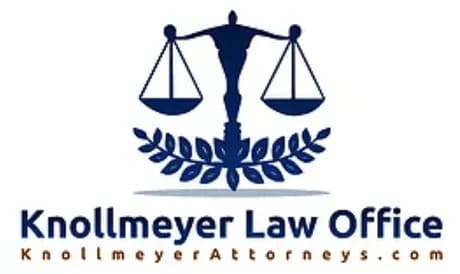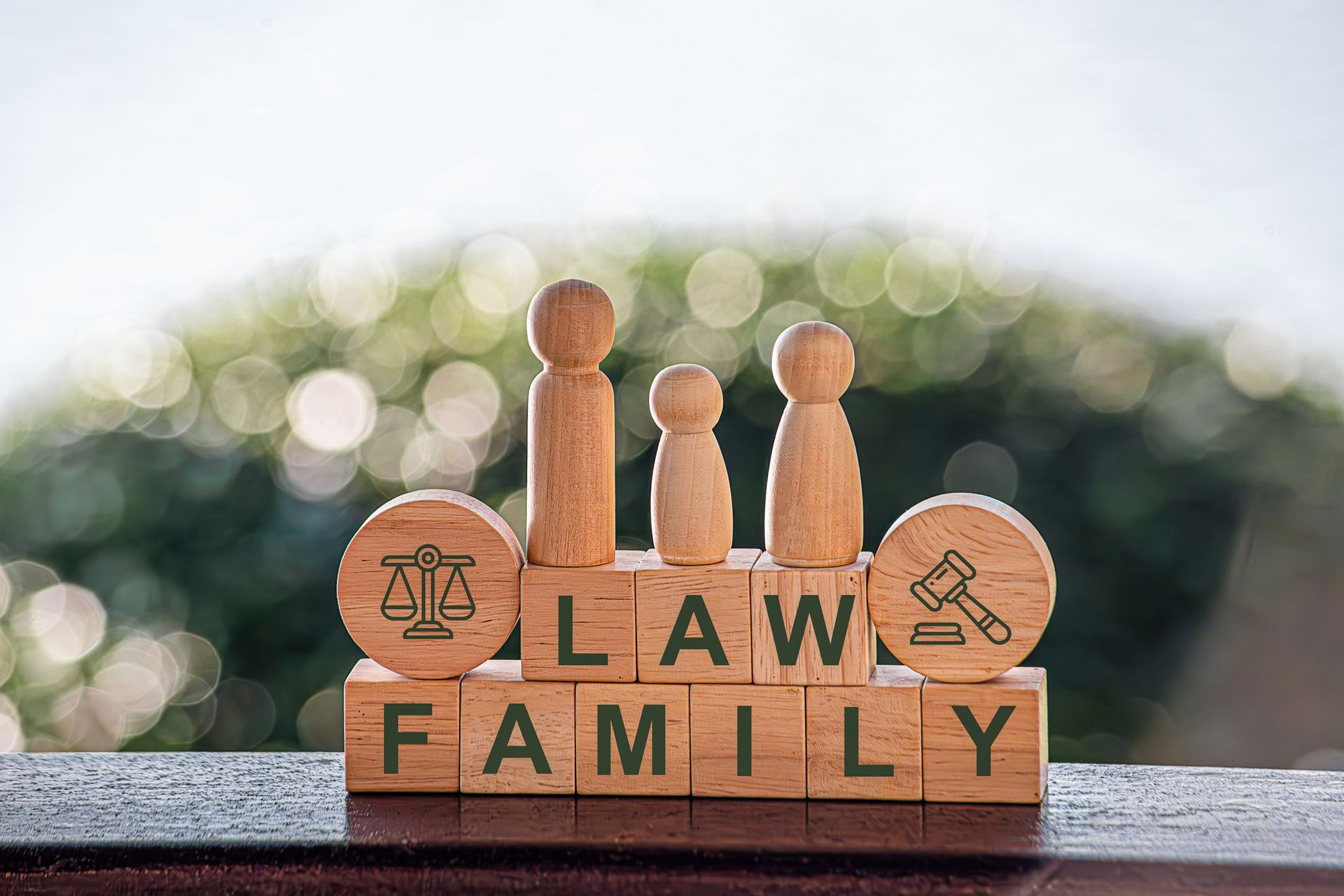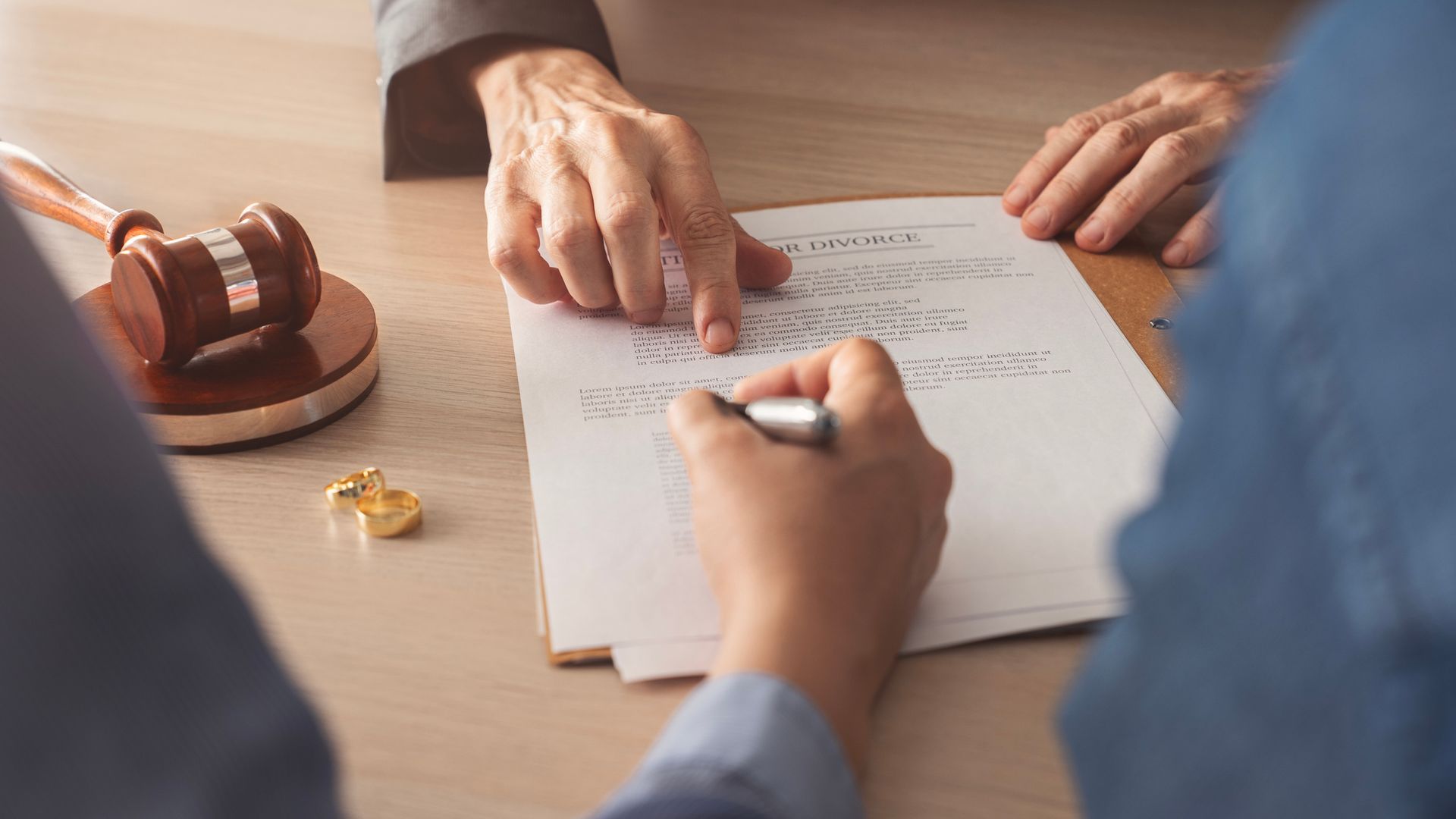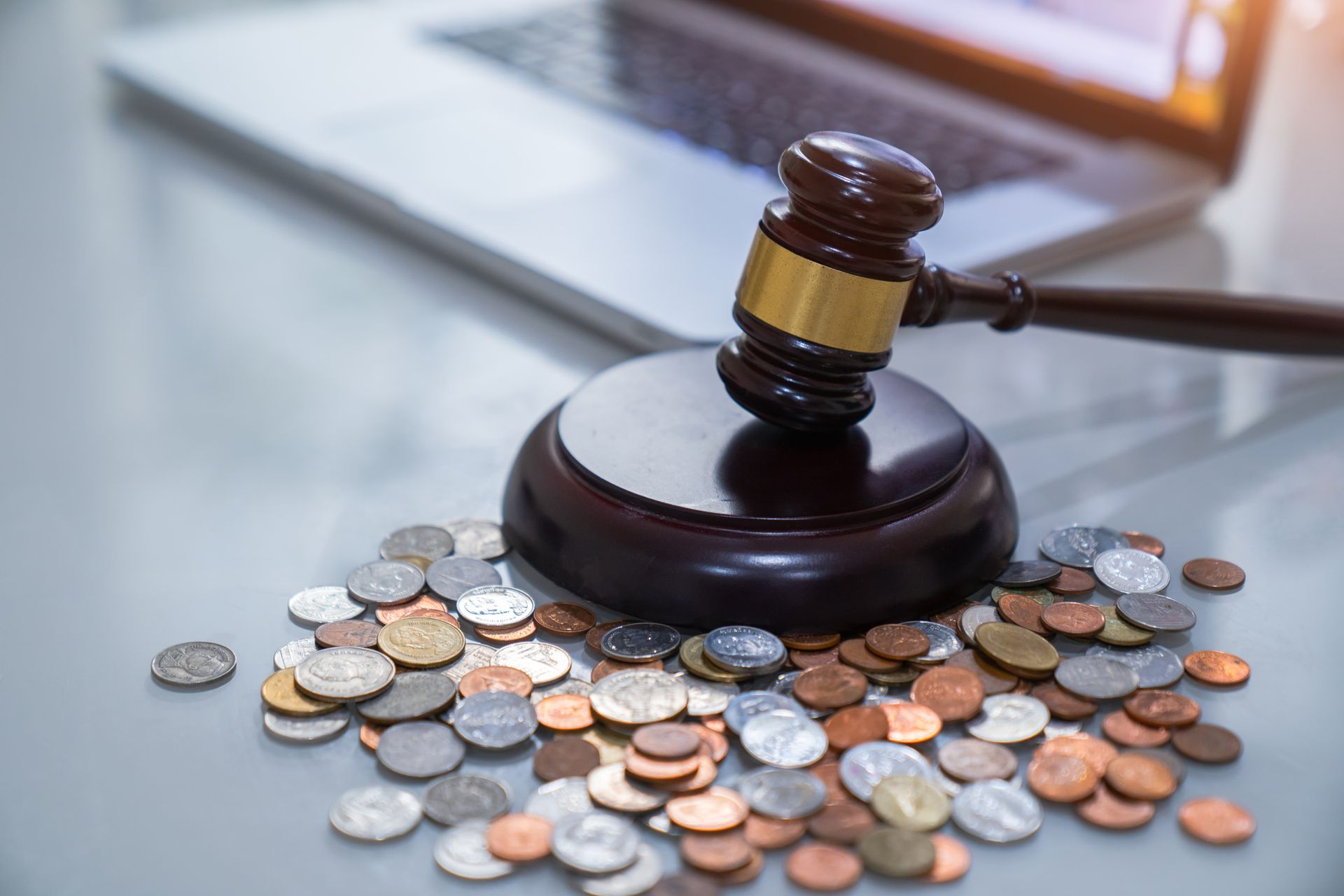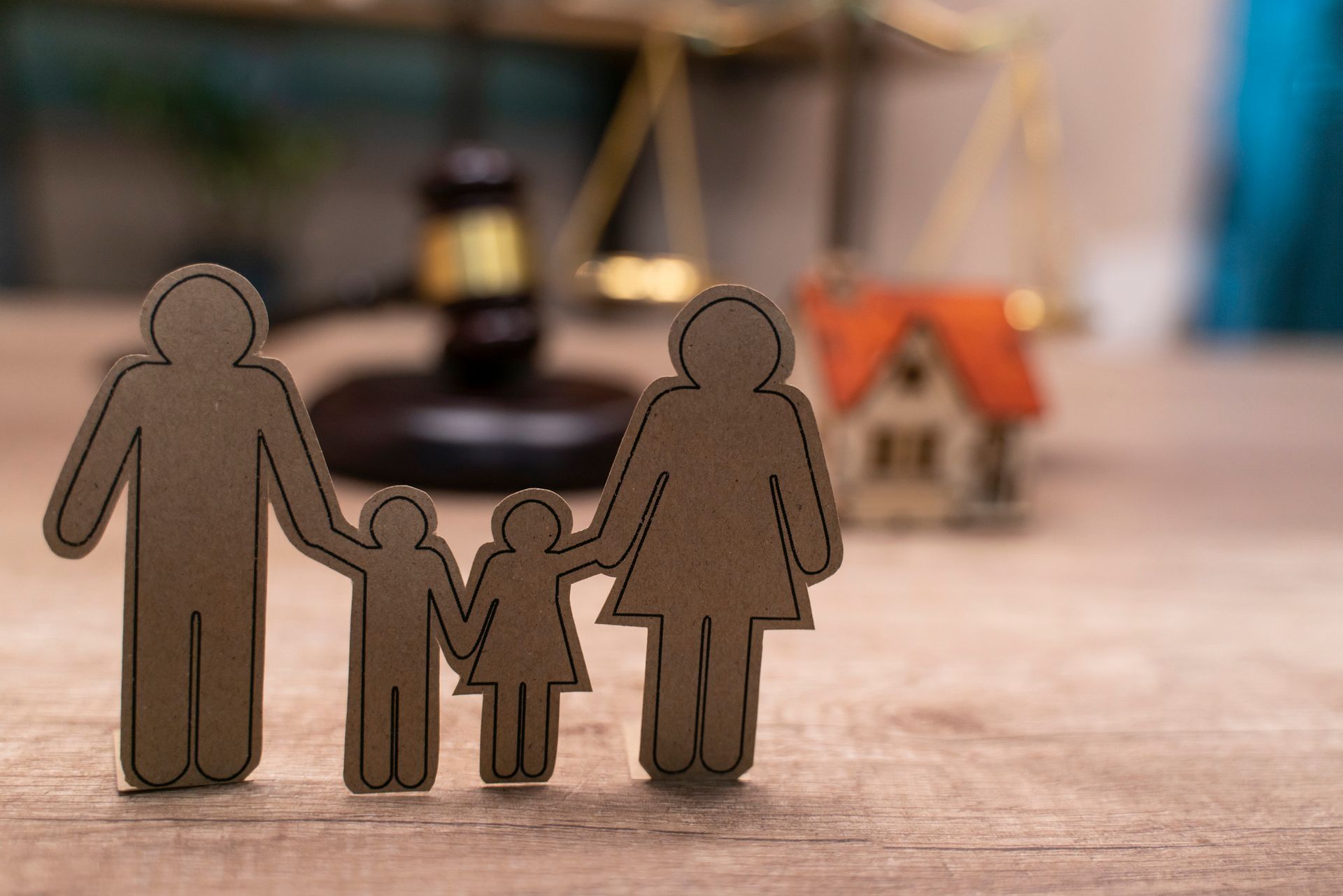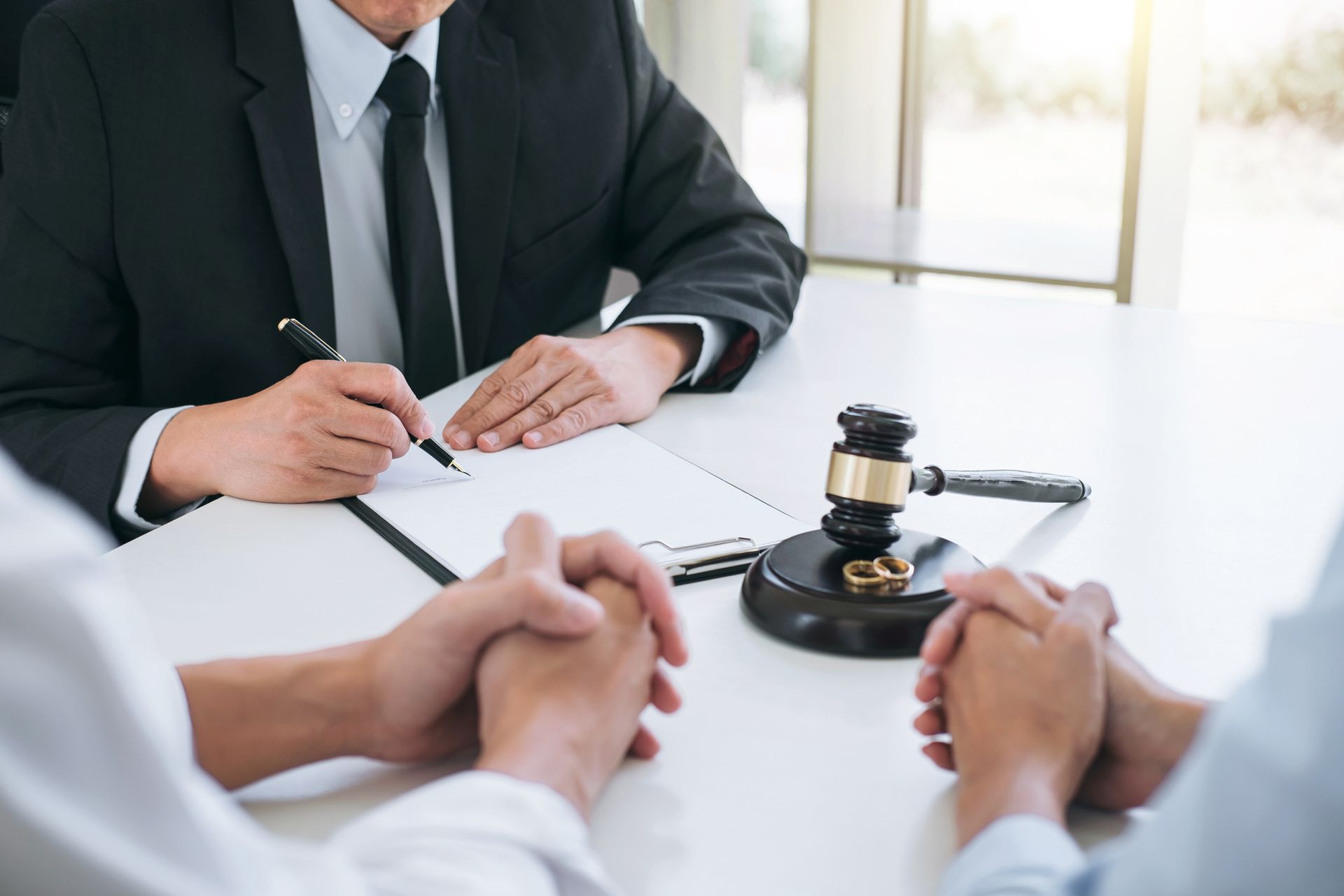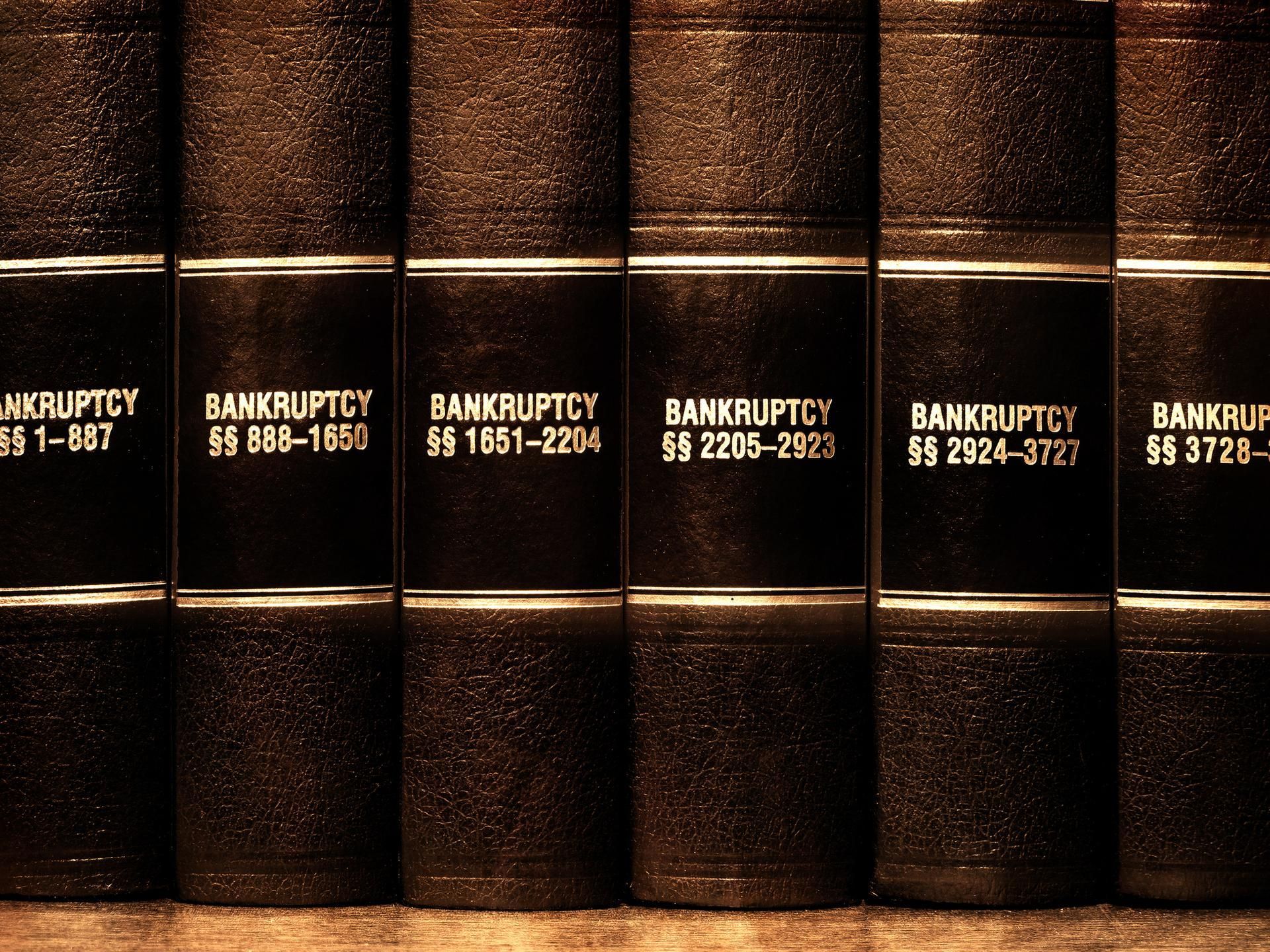Why and How Creditors’ Rights Are Protected During Bankruptcy

The primary purpose of bankruptcy protection is to protect the debtor. But it also involves creditors who loaned that person money. How are the interests of both parties served? Do creditors have rights during your bankruptcy? What are the limits to these rights? And on what grounds might a creditor object to your case? Here's what every debtor needs to know.
Why Are Creditors' Rights Important?
Few people are concerned with the health and welfare of their credit card company, mortgage lender, or payday loan center. But by including creditor interests in the bankruptcy process, borrowers as a whole do benefit. The more lenders are at risk of easily losing huge amounts of money from extending credit, the more expensive and less available credit would be.
Bankruptcy systems are actually a compromise between borrowers, lenders, and the government. This means that the continued participation of creditors is integral to the entire system working. Looking after their interests— to a reasonable extent—continues to ensure that participation.
Safeguards which protect creditors also reduce fraud and abuse of the bankruptcy system. For instance, a debtor who charges up their credit card with no intention of paying it back may be commiting bankruptcy fraud. The judge may deem that dept is non-dischargeable. This protects the lender and discourages abuse,.
How Are Creditors' Rights Protected?
Creditor rights are protected in a few key areas. Although bankruptcy cases come with an automatic, temporary stay against collection efforts, it can be lifted on a case-by-case basis. If your mortgage lender argues that you are not able to keep the home and delaying its return to the lender would cause them financial harm, the judge may order the stay lifted and foreclosure to continue.
Creditors may also attend the mandatory creditors' meeting—also called a 341 meeting—and ask specific questions related to their debt. In fact, this meeting is required in order to allow creditors the opportunity to protect their interests. If a creditor feels that the debtor may have charged up their credit card with no intention to pay it back, for example, they may ask questions to find out the truth.
There are also rules for each type of bankruptcy which are designed to reduce fraud. High income earners may be barred from Chapter 7. And Chapter 13 repayment plans must generally pay back at least as much as the creditor would have received through liquidation in Chapter 7.
Can a Creditor Object to Discharge?
Yes, a creditor can object to parts of your bankruptcy case which would result in partial or total discharge of their debt. The most common methods are through an adversary proceeding and a motion. Adversary proceedings are similar to a civil lawsuit, allowing both parties to argue their case in court and receive a judgment. Motions generally allow both sides to present their argument as well.
The good news is that creditors cannot simply raise objections because they're upset about losing money or they have a personal vendetta. There must be real, serious issues which need to be addressed, and there are legal costs. The most common reasons for objections are claims of fraud, willful damage to assets, and disagreements over whether a debt is non-dischargeable under the law.
Where Should You Start?
Even though creditors' interests are an important component of the bankruptcy system, borrower rights are still given priority. Make sure you protect yours by meeting with Knollmeyer Law Office, PA. We'll assess your debt situation, bankruptcy options, and goals to help you find the right path to debt relief. Call today to make an appointment or learn more.
